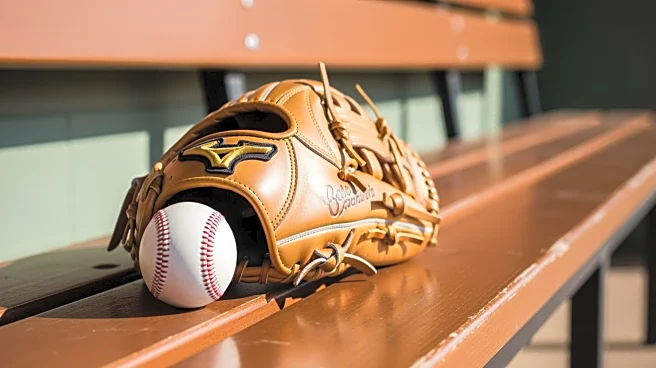What's Happening?
A randomized, sham-controlled trial conducted at the Second Xiangya Hospital of Central South University explored the efficacy of intermittent theta burst stimulation (iTBS) in treating non-suicidal self-injury (NSSI) among adolescents with major depressive disorder (MDD). The study, which ran from July 2022 to November 2023, involved participants aged 12 to 18 years who met specific criteria, including a primary diagnosis of MDD and a history of self-harm behaviors. The trial demonstrated that active iTBS treatments significantly reduced NSSI frequency, severity, and ideation, as well as suicidal thoughts and depressive symptoms. The intervention was well-tolerated, with no participants withdrawing due to side effects during the five-day treatment course.
Why It's Important?
The findings from this trial highlight the potential of iTBS as a viable treatment option for adolescents suffering from MDD and NSSI, conditions that pose significant challenges in mental health care. The ability of iTBS to reduce self-injury and improve depressive symptoms could offer a new therapeutic avenue for a demographic that often struggles with effective treatment options. This development is crucial as it addresses a critical need in adolescent mental health, potentially reducing the risk of long-term psychological issues and improving overall quality of life for affected individuals.
What's Next?
Further research and larger-scale studies are likely needed to confirm the efficacy and safety of iTBS in broader populations. If successful, iTBS could be integrated into standard treatment protocols for adolescent MDD, offering a non-invasive alternative to existing therapies. The positive outcomes may also prompt healthcare providers and policymakers to consider expanding access to neuromodulation therapies in mental health treatment plans.









